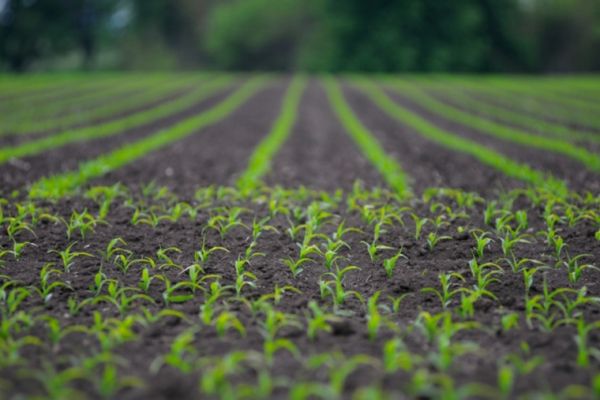A new generation of gene-silencing “RNAi pesticides” are making their way through the regulatory system and will soon be available for agricultural use.
These RNAi pesticides, which work by interfering with the functioning of RNA crop-killing pests, are genetically engineered into agricultural crops, giving the plants their own defense against pests. Until recently, there was no method to measure the amount of the pesticide present in the dynamic environment of agricultural soil.
Last month, however, researchers at the McKelvey School of Engineering at Washington University in St. Louis published their technique for measuring just how much of RNAi pesticide is present in a few grams of soil. Their research was published in the April 21 edition of Environmental Science & Technology.
Continue reading at Washington University in St. Louis
Image via Washington University in St. Louis


